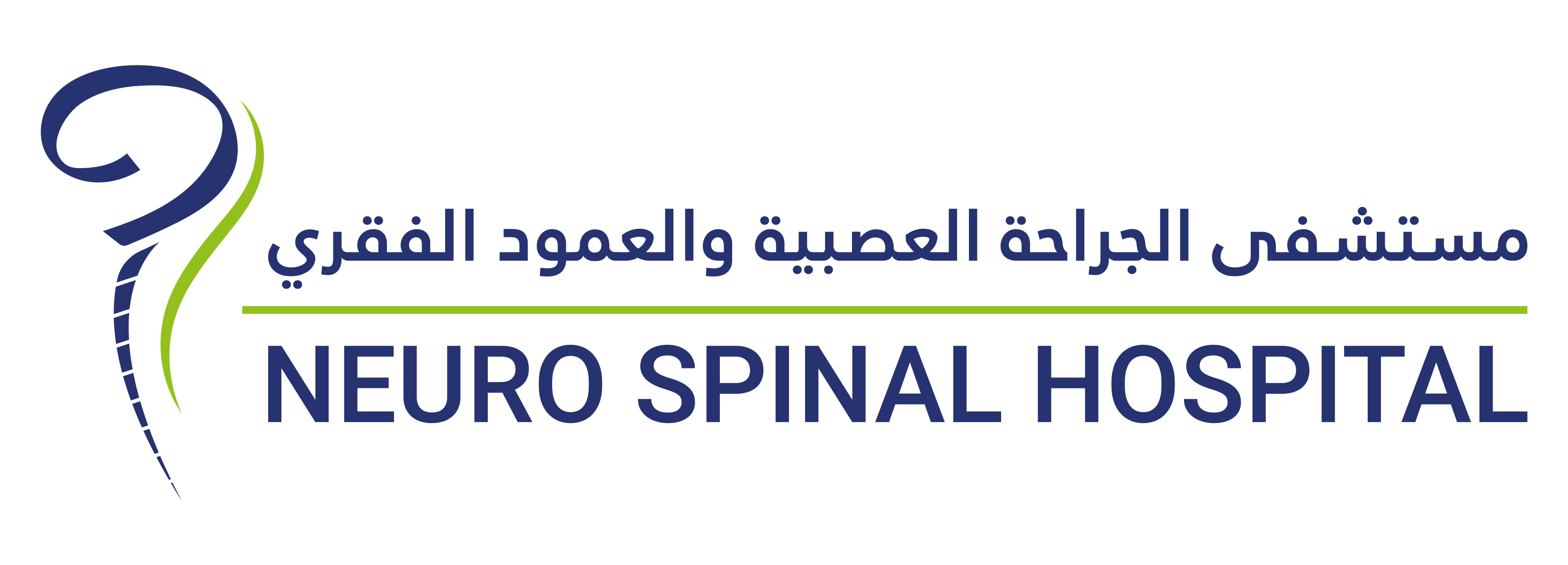Dementia is caused by damage to or loss of nerve cells and their connections in the brain. Symptoms depend on the area of the brain that is affected by the damage.
Alzheimer’s disease is the most common cause of a progressive dementia in older adults, but there are several causes of dementia.
Some diseases with dementia-like symptoms, such as those caused by a reaction to medications or vitamin deficiencies, might improve with treatment.
Dementias may be classified by the protein or proteins deposited in the brain or the part of the brain that is affected.
Progressive (non-reversible) dementias include:
- Alzheimer’s disease – plaques and tangles of distinctive proteins can be detected in the brain. It is thought that these clumps damage healthy neurons and the fibres connecting them. Not all causes of Alzheimer’s disease are known, but genetic factors have been identified.
- Vascular dementia – the second most common type of dementia, caused by damage to the vessels that supply blood to the brain. The most common symptoms of vascular dementia include difficulties with problem-solving, slowed thinking, focus and organization. These tend to be more noticeable than memory loss.
- Lewy body dementia – one of the more common types of progressive dementia. Abnormal balloon like clumps of protein (Lewy bodies) have been found in the brains of people with Lewy body dementia, Alzheimer’s disease and Parkinson’s disease. Common signs and symptoms include acting out one’s dreams in sleep, visual hallucinations, and problems with focus and attention. Other signs include uncoordinated or slow movement, tremors, and rigidity (parkinsonism).
- Frontotemporal dementia – a group of diseases characterized by the degeneration of nerve cells and their connections in the frontal and temporal lobes of the brain, the areas generally associated with personality, behaviour and language. Common symptoms affect behaviour, personality, thinking, judgment, and language and movement.
- Mixed dementia is the name given to dementia thought to be due to a combination of several causes, such as Alzheimer’s disease, vascular dementia and Lewy body dementia.
Other disorders linked to dementia include:
- Huntington’s disease – a genetic mutation causes certain nerve cells in the brain and spinal cord to waste away. Signs and symptoms, including a severe decline in thinking (cognitive) skills, usually appear around age 30 or 40.
- Traumatic brain injury (TBI) due to repetitive head trauma can cause dementia signs and symptoms such as depression, explosiveness, memory loss and impaired speech. TBI may also cause parkinsonism. Symptoms might not appear until years after the trauma.
- Creutzfeldt-Jakob disease – rare brain disorder which usually has no known cause but can be inherited. Signs and symptoms of this fatal condition usually appear after age 60.
- Parkinson’s disease may lead to the development of dementia symptoms (Parkinson’s disease dementia).
Some causes of dementia or dementia-like symptoms can be reversed with treatment. They include:
- Infections and immune disorders
- Metabolic problems and endocrine abnormalities
- Nutritional deficiencies
- Medication side effects
- Subdural hematomas
- Poisoning
- Drug or alcohol abuse
- Brain tumours
- Anoxia or hypoxia where oxygen supply to the brain is compromised
- Normal-pressure hydrocephalus






